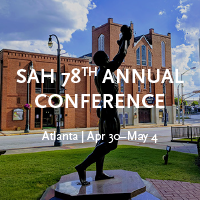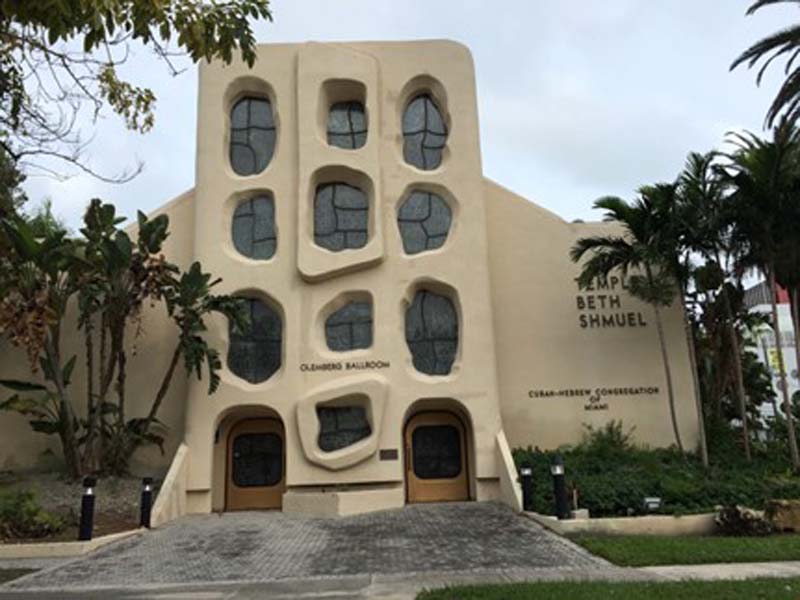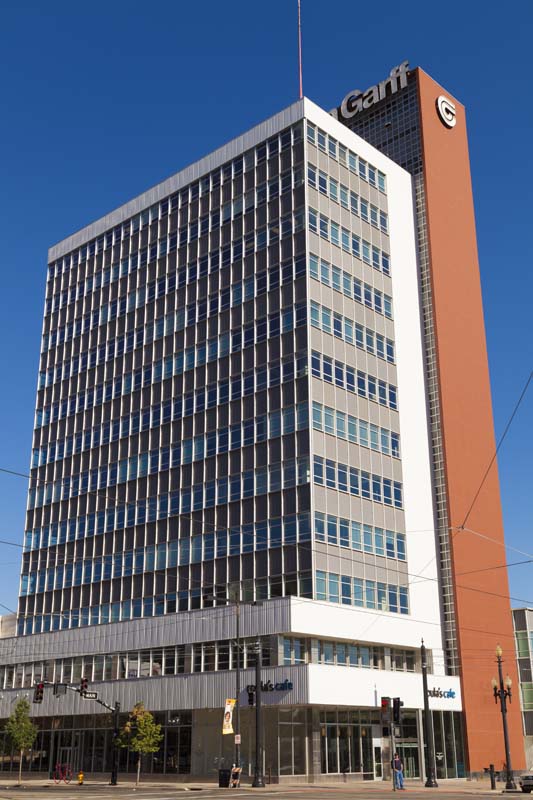-
Membership
Membership
Anyone with an interest in the history of the built environment is welcome to join the Society of Architectural Historians -
Conferences
Conferences
SAH Annual International Conferences bring members together for scholarly exchange and networking -
Publications
Publications
Through print and digital publications, SAH documents the history of the built environment and disseminates scholarshipLatest Issue:
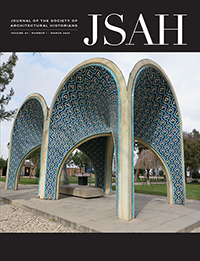
-
Programs
Programs
SAH promotes meaningful engagement with the history of the built environment through its programsMember Programs
-
Jobs & Opportunities
Jobs & Opportunities
SAH provides resources, fellowships, and grants to help further your career and professional life -
Support
Support
We invite you to support the educational mission of SAH by making a gift, becoming a member, or volunteering -
About
About
SAH promotes the study, interpretation, and conservation of the built environment worldwide for the benefit of all
SAH Archipedia Highlights: Hispanic Heritage Month (September 15–October 15, 2022)
Sep 15, 2022
by
SAH News
In celebration of Hispanic Heritage Month and its 2022 theme, “Unidos: Inclusivity for a Stronger Nation,” SAH Archipedia editors have selected essays and building entries highlighting the accomplishments of Hispanic architects and artisans in the United States.
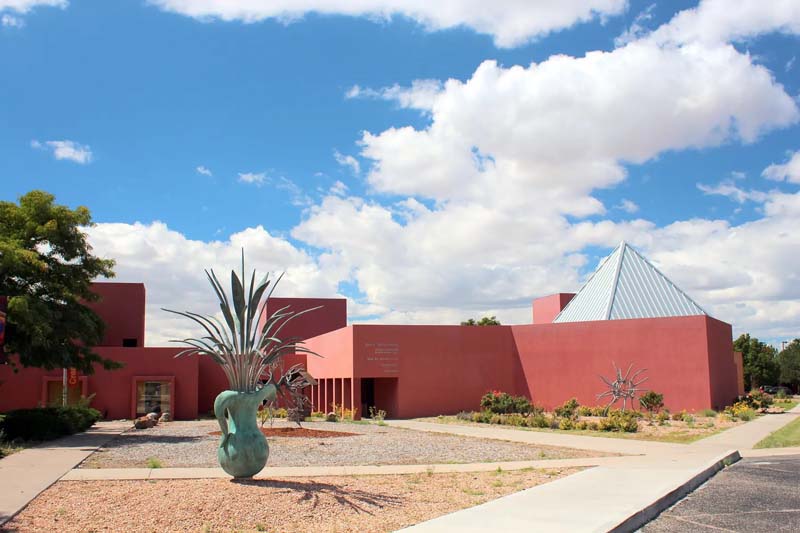
Visual Arts Center, Santa Fe University of Art and Design
Photograph by Regina N. Emmer
The Visual Arts Center (1999) is the first of several buildings in Santa Fe designed by the Mexican modernist Ricardo Legorreta in which he challenged the dominant Santa Fe Style with an alternative regionalism for New Mexico. Instead of tan colors and sculptural forms imitating traditional adobe buildings, Legoretta proposed an architecture that is boldly polychromatic, crisply geometric, and unmistakably modern. READ MORE
Photograph by David Rifkind
Designed by congregation member Oscar Sklar, Temple Beth Shmuel (1982–1985) is home to the Cuban Hebrew Congregation of Miami, a synagogue primarily used by Ashkenazi Jewish Cuban expatriates living in Miami Beach. The interior features work by Mexican artist Naomi Siegman. READ MORE
Photograph by Ricardo630, CC BY-SA 3.0
This steel-and-glass tower introduced into Utah a 1950s version of the early modernist International Style as perceived by the Peruvian-American architect Wenceslao Alfonso Sarmiento, the head designer at the Bank Building Corporation of America. Sarmiento’s modernist designs, particularly the streamlined volumes, air of transparency, and the use of the latest construction materials, appealed to George and Marriner Eccles, the founders of the First Security Bank, who wished to have their bank’s architectural form express their modern approach to banking. READ MORE
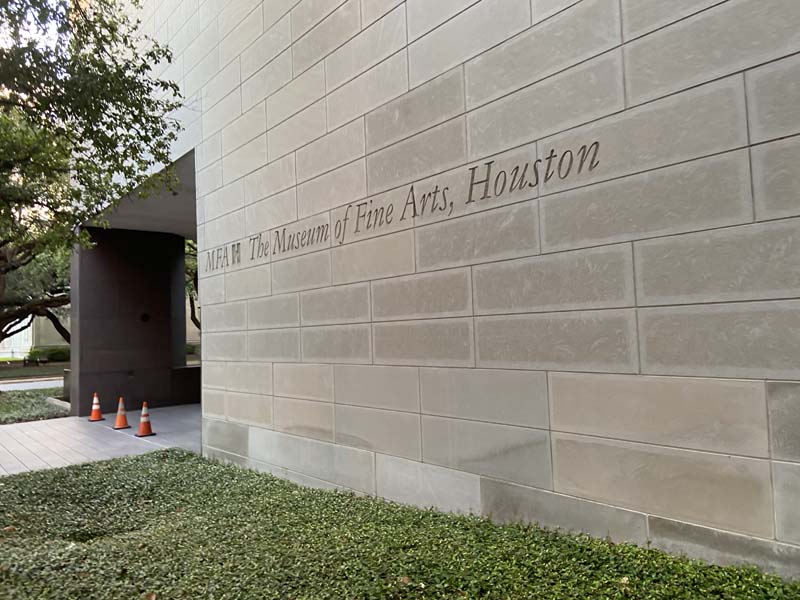
Audrey Jones Beck Building, Museum of Fine Arts, Houston
Photograph by WhisperToMe
Spanish architect Rafael Moneo designed this blocky, limestone-faced structure for the Museum of Fine Arts, Houston in 2000. Its construction was part of a fifteen-year planned museum expansion. READ MORE
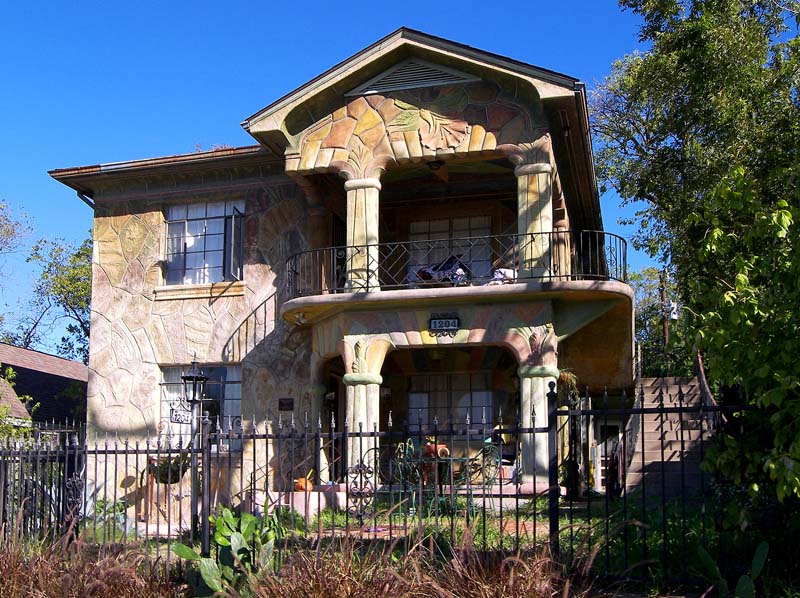
The Faux Bois Art of Dionicio Rodríguez
Casa de Sueños, Austin, Texas. Photograph by Larry D. Moore, CC BY-SA 4.0
Mexican artisan Dionicio Rodríguez (1891–1955) is known as the most “naturalistic” exponent of the technique known as faux bois false wood or trabajo rústico rustic work of the 1920s–1940s. Rodríguez was born in Toluca, Mexico, and it is believed that he learned the technique from two concrete contractors, Luis Robles Gil and J. W. Douglas, in Mexico City, where he worked on the fountain and rocks at Lagos de Chapúltepec and other projects. READ MORE
